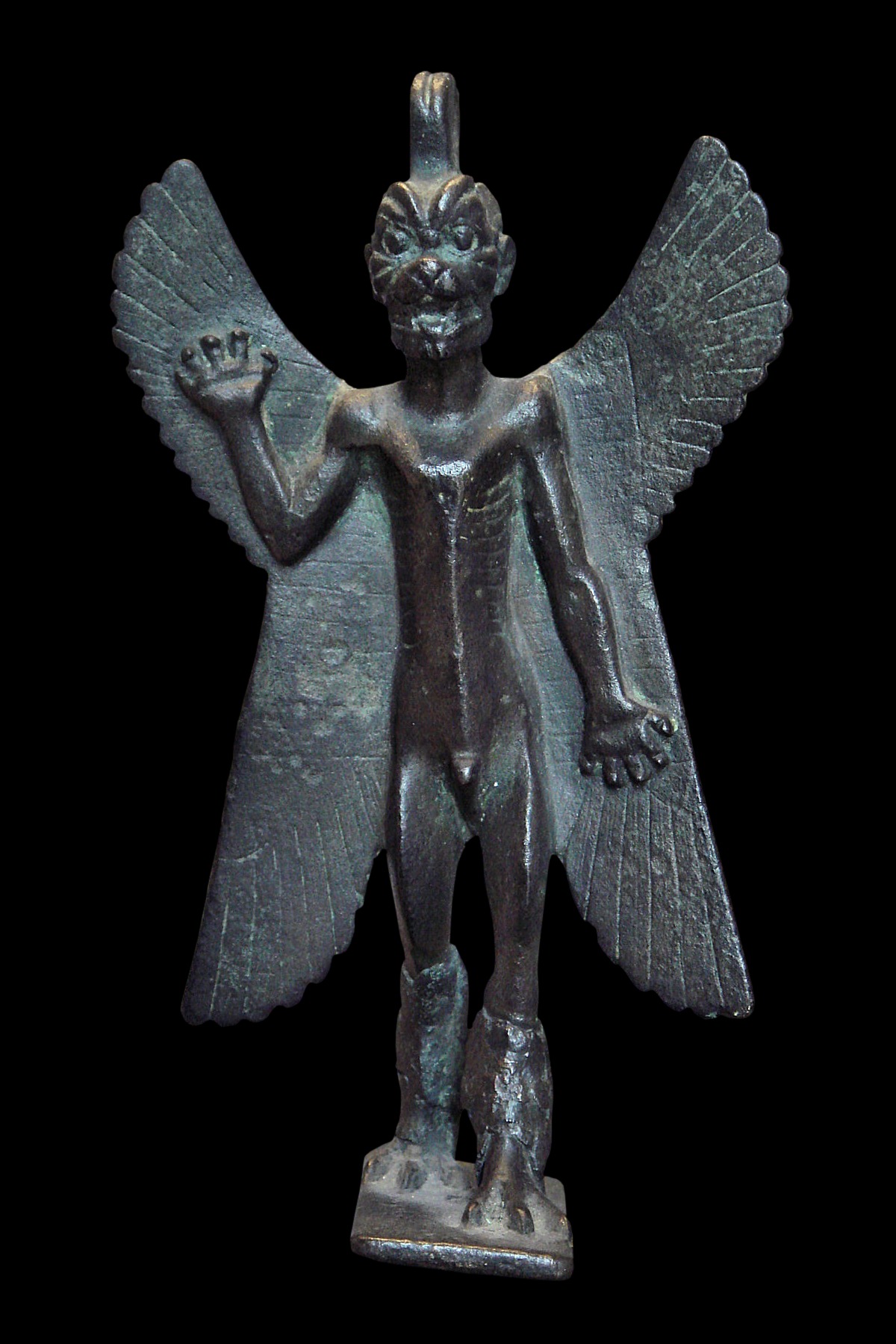|
La Plume De Ma Tante (phrase)
''La plume de ma tante'' ("my aunt's quill") is a phrase in popular culture, attributed to elementary French language instruction (possibly as early as the 19th century) and used as an example of grammatically correct phrases with limited practical application that are sometimes taught in introductory foreign language texts. As ''Life'' magazine said in 1958, "As every student knows, the most idiotically useless phrase in a beginner's French textbook is ''la plume de ma tante'' (the quill of my aunt)." The phrase is also used to refer to something deemed completely irrelevant. The term lent its name to the musical play ''La Plume de Ma Tante'', which won a Tony Award in 1959. The phrase is also used in teaching and remembering the sounds of the French vowel ''a''; ''La plume de ma tante'' contains three instances of ''a'' that use two different pronunciations. Other limited-use phrases used as pronunciation guides include: ''Le petit bébé est un peu malade'' ("the little baby is ... [...More Info...] [...Related Items...] OR: [Wikipedia] [Google] [Baidu] |
Life (magazine)
''Life'' was an American magazine published weekly from 1883 to 1972, as an intermittent "special" until 1978, and as a monthly from 1978 until 2000. During its golden age from 1936 to 1972, ''Life'' was a wide-ranging weekly general-interest magazine known for the quality of its photography, and was one of the most popular magazines in the nation, regularly reaching one-quarter of the population. ''Life'' was independently published for its first 53 years until 1936 as a general-interest and light entertainment magazine, heavy on illustrations, jokes, and social commentary. It featured some of the most notable writers, editors, illustrators and cartoonists of its time: Charles Dana Gibson, Norman Rockwell and Jacob Hartman Jr. Gibson became the editor and owner of the magazine after John Ames Mitchell died in 1918. During its later years, the magazine offered brief capsule reviews (similar to those in ''The New Yorker'') of plays and movies currently running in New York City, bu ... [...More Info...] [...Related Items...] OR: [Wikipedia] [Google] [Baidu] |
La Plume De Ma Tante
' is a 1955 musical theatre, musical comedy, written, devised, and directed by Robert Dhéry, with music by Gérard Calvi, and English lyrics by Ross Parker (songwriter), Ross Parker. The play consisted of a number of short sketches in English, French, and pantomime, satirizing French society. It opened firstly in 1955 at the Garrick Theatre, London, and closed after a run of two and a half years. It then transferred to the USA. On Broadway theatre, Broadway, it was nominated for the Tony Award for Tony Award for Best Musical, Best Musical, and in three other categories, winning the 1959 Special Tony Award. Pierre Olaf was one of the show's leading actors. It opened on Broadway at the Bernard B. Jacobs Theatre, Royale Theater on November 11, 1958 and closed on December 17, 1960 after a total of 835 performances. Subsequently, the show toured to Las Vegas, Los Angeles and San Francisco during 1961. Awards and nominations Original Broadway production References External lin ... [...More Info...] [...Related Items...] OR: [Wikipedia] [Google] [Baidu] |
Tony Award
The Antoinette Perry Award for Excellence in Broadway Theatre, more commonly known as the Tony Award, recognizes excellence in live Broadway theatre. The awards are presented by the American Theatre Wing and The Broadway League at an annual ceremony in Midtown Manhattan. The awards are given for Broadway productions and performances. One is also given for regional theatre. Several discretionary non-competitive awards are given as well, including a Special Tony Award, the Tony Honors for Excellence in Theatre, and the Isabelle Stevenson Award. The awards were founded by theatre producer and director Brock Pemberton and are named after Antoinette "Tony" Perry, an actress, producer and theatre director who was co-founder and secretary of the American Theatre Wing. The trophy consists of a spinnable medallion, with faces portraying an adaptation of the comedy and tragedy masks, mounted on a black base with a pewter swivel. The rules for the Tony Awards are set forth in the off ... [...More Info...] [...Related Items...] OR: [Wikipedia] [Google] [Baidu] |
Assimil
Assimil (often stylised as ASSiMiL) is a French company, founded by Alphonse Chérel in 1929. It creates and publishes foreign language courses, which began with their first book ''Anglais Sans Peine'' ("English Without Toil"). Since then, the company has expanded into numerous other languages and continues to publish today. Their method for teaching foreign languages is through listening to recordings, and the reading of a book with the text that you are listening to: one side native language, one side foreign language. This method is focused on learning whole sentences, for an organic learning of the grammar. It begins with a long passive phase of only reading and listening, and eventually adds active exercises. Most books contain around 100 lessons, with the active phase starting on Lesson 50. The word "Assimil" comes from '' assimilate'' "incorporate or absorb knowledge into the mind". The company publishes several different series: *"Learn" series, which teach to an A2 ... [...More Info...] [...Related Items...] OR: [Wikipedia] [Google] [Baidu] |
Gad Elmaleh
Gad Elmaleh ( ar, جاد المالح, Latn, ar, Gād el-Māleḥ; born 19 April 1971) is a Moroccan-Canadian stand-up comedian and actor who achieved fame in France, Morocco and the United States. He is best known in the French-speaking world and more recently in the United States. He has starred in several feature films, including '' Coco'', '' Priceless'', ''La Doublure'' and ''Midnight in Paris''. Voted the funniest person in France, he was named knight of the Order of Arts and Letters by the Minister of Culture; he was also named knight of the National Order of Quebec. In 2015 and 2018, Elmaleh did national comedy tours across the United States. In 2019, he starred in the Netflix series ''Huge in France.'' Early years Elmaleh was born and raised in Casablanca to a Moroccan Berber Jewish family. Elmaleh was brought up in a culturally diverse environment, speaking Moroccan Arabic and French. As a child he would introduce his father, a mime, with a placard. His brother ... [...More Info...] [...Related Items...] OR: [Wikipedia] [Google] [Baidu] |
The Exorcist (film)
''The Exorcist'' is a 1973 American supernatural horror film directed by William Friedkin and written for the screen by William Peter Blatty, based on his 1971 The Exorcist (novel), novel of the same name. It stars Ellen Burstyn, Max von Sydow, Lee J. Cobb, Kitty Winn, Jack MacGowran (in his final film role), Jason Miller (playwright), Jason Miller and Linda Blair. It follows the Spirit possession, demonic possession of a young girl and her mother's attempt to rescue her through an exorcism conducted by a pair of Catholicism, Catholic priests. The book was a bestseller, but Blatty, who also produced, and Friedkin, his choice for director, had difficulty casting the film. Unable to hire major stars of the era, they cast relative unknowns Burstyn, Blair and Miller (author of a hit play with no film acting experience), choices vigorously opposed by Warner Bros. Pictures, Warner Brothers executives. Principal photography was also difficult. Friedkin insisted on realism, going to nor ... [...More Info...] [...Related Items...] OR: [Wikipedia] [Google] [Baidu] |
Spirit Possession
Spirit possession is an unusual or altered state of consciousness and associated behaviors purportedly caused by the control of a human body by spirits, ghosts, demons, or gods. The concept of spirit possession exists in many cultures and religions, including Buddhism, Christianity,Mark 5:9, Luke 8:30 Haitian Vodou, Hinduism, Islam, Wicca, and Southeast Asian, African, and Native American traditions. Depending on the cultural context in which it is found, possession may be considered voluntary or involuntary and may be considered to have beneficial or detrimental effects on the host. In a 1969 study funded by the National Institute of Mental Health, spirit possession beliefs were found to exist in 74% of a sample of 488 societies in all parts of the world, with the highest numbers of believing societies in Pacific cultures and the lowest incidence among Native Americans of both North and South America. As Pentecostal and Charismatic Christian churches move into both Africa ... [...More Info...] [...Related Items...] OR: [Wikipedia] [Google] [Baidu] |
Pazuzu (The Exorcist)
Pazuzu is a fictional character who is the main antagonist in ''The Exorcist'' horror novels and film series, created by William Peter Blatty. Blatty derived the character from Assyrian and Babylonian mythology, where the mythic Pazuzu was considered the king of the demons of the wind, and the son of the god Hanbi. In ''The Exorcist'', Pazuzu appears as a demon who possesses Regan MacNeil. Pazuzu is often depicted as a combination of animal and human parts with his right hand pointing upwards and his left hand downwards. He has the body of a man, the head of a lion or dog, eagle-like taloned feet, two pairs of wings, a scorpion's tail, and a serpentine penis. Appearances Novels Pazuzu first appeared in William Peter Blatty's ''The Exorcist'' in 1971. The novel is about a 12-year-old girl, Regan MacNeil, possessed by a demon. The demon is later revealed to be Pazuzu; though never explicitly stated to be the demon, two references were made about his statue, which was uncover ... [...More Info...] [...Related Items...] OR: [Wikipedia] [Google] [Baidu] |
Non Sequitur (literary Device)
A non sequitur ( , ; " tdoes not follow") is a conversational literary device, often used for comedic purposes. It is something said that, because of its apparent lack of meaning relative to what preceded it, seems absurd to the point of being humorous or confusing. This use of the term is distinct from the non sequitur in logic, where it is a fallacy. Etymology The expression is Latin for " tdoes not follow". It comes from the words ''non'' meaning "not" and the verb ''sequi'' meaning "to follow". Usage A non sequitur can denote an abrupt, illogical, or unexpected turn in plot or dialogue by including a relatively inappropriate change in manner. A non sequitur joke sincerely has no explanation, but it reflects the idiosyncrasies, mental frames and alternative world of the particular comic persona. Comic artist Gary Larson's ''The Far Side'' cartoons are known for what Larson calls "...absurd, almost non sequitur animal" characters, such as talking cows, which he uses to creat ... [...More Info...] [...Related Items...] OR: [Wikipedia] [Google] [Baidu] |
Anna Russell
Anna Russell (born Anna Claudia Russell-Brown; 27 December 191118 October 2006) was an English–Canadian singer and comedian. She gave many concerts in which she sang and played comic musical sketches on the piano. Among her best-known works are her concert performances and famous recordings of ''The Ring of the Nibelungs (An Analysis)'' – a humorous 22-minute synopsis of Richard Wagner's ''Der Ring des Nibelungen'' – and (on the same album) her parody ''How to Write Your Own Gilbert and Sullivan Opera.'' Life and career Early life Russell was born in Maida Vale, London, England,''Daily Telegraph'' obituarAnna Russell21 October 2006 and was educated at St Felix School at Southwold, Suffolk, at Harrogate College and in Brussels and Paris. She studied at the Royal College of Music, where her piano teacher was Marmaduke Barton (whose wife's maiden name happened also to be Anna Russell). She had a difficult childhood, and particularly a difficult relationship with her moth ... [...More Info...] [...Related Items...] OR: [Wikipedia] [Google] [Baidu] |
Art Song
An art song is a Western vocal music composition, usually written for one voice with piano accompaniment, and usually in the classical art music tradition. By extension, the term "art song" is used to refer to the collective genre of such songs (e.g., the "art song repertoire").Meister, ''An Introduction to the Art Song'', pp. 11–17. An art song is most often a musical setting of an independent poem or text, "intended for the concert repertory" "as part of a recital or other relatively formal social occasion". While many pieces of vocal music are easily recognized as art songs, others are more difficult to categorize. For example, a wordless vocalise written by a classical composer is sometimes considered an art song and sometimes not. Other factors help define art songs: *Songs that are part of a staged work (such as an aria from an opera or a song from a musical) are not usually considered art songs.Kimball, p. xiv However, some Baroque arias that "appear with great frequ ... [...More Info...] [...Related Items...] OR: [Wikipedia] [Google] [Baidu] |
My Postillion Has Been Struck By Lightning
"My postillion has been struck by lightning", "our postillion has been struck by lightning", and other variations on the same pattern, are often given as examples of the ridiculous phrases supposed to have been found in phrase books or language instruction in the nineteenth and early twentieth centuries. The word ''postillion'' may occur in its alternative spelling ''postilion''. Although various forms of the sentence are widely cited, the exact wording and the context in which it is said to have originally been used vary. For example, a teaching manual attributes it to a Portuguese-English phrasebook (possibly alluding to ''English as She Is Spoke''): The phrase-book for Portuguese learners of English which included the often-quoted and bizarre sentence 'Pardon me, but your postillion has been struck by lightning' demonstrates a total lack of sense of context: who can have said this, to whom and in what circumstances? By contrast a linguistics textbook mentions the supposedly ... [...More Info...] [...Related Items...] OR: [Wikipedia] [Google] [Baidu] |






